
Published:
Readtime: 6 min
Every product is carefully selected by our editors and experts. If you buy from a link, we may earn a commission. Learn more. For more information on how we test products, click here.
Make no mistake, TikTok is no longer just for dance memes. The burgeoning social media platform has rapidly become the meeting place for users to find and engage in niche communities, interacting with like-minded people who share lived experiences across a range of interests and conditions. And none more so than mental health. But is getting your education about depression, anxiety, and ADHD via TikTok a positive thing?
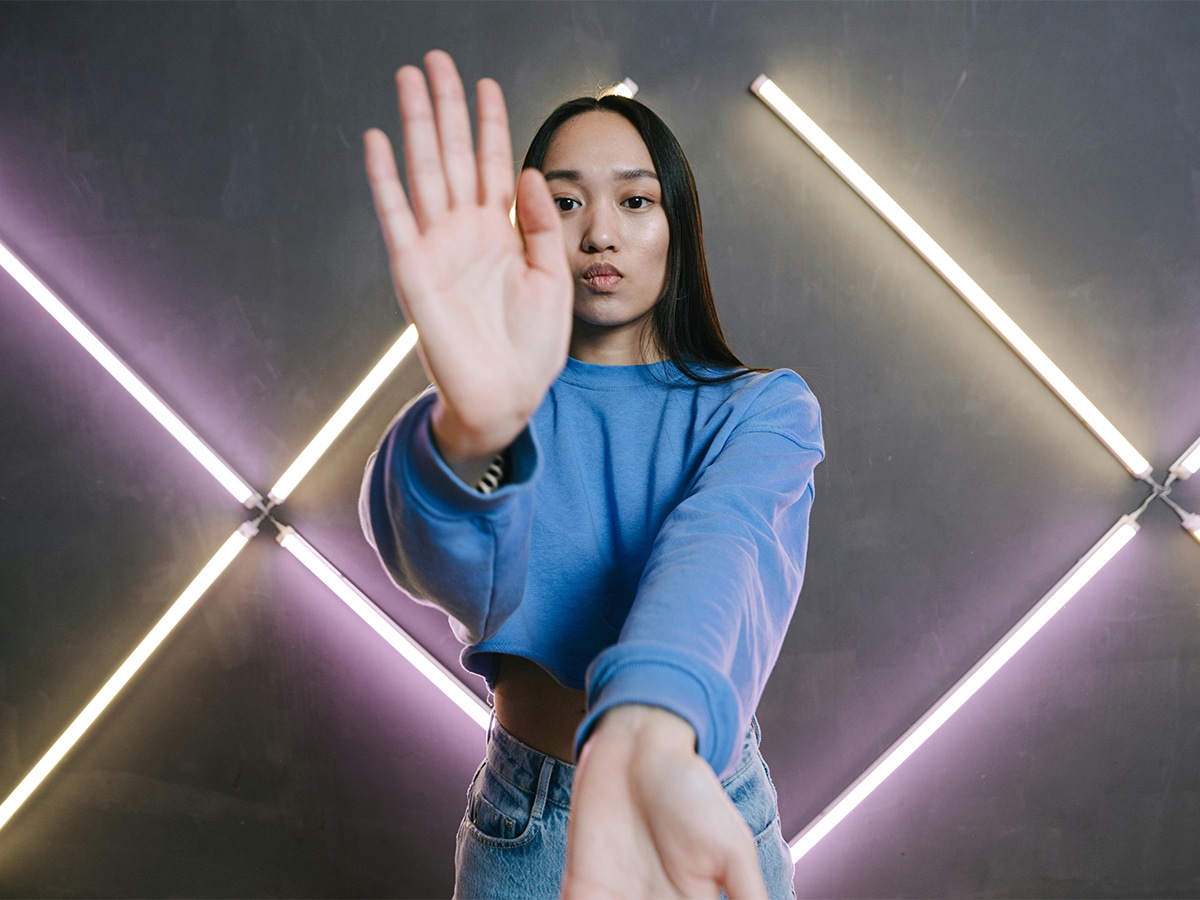
The Case for Content
The explosion of TikTok has exponentially increased mental health content on social media, with significantly more people sharing their struggles and diagnoses online. This movement has also seen individuals provide general insight into their personal journeys, enabling them to share the ‘why’ behind their feelings. Add to this Instagram, Reddit, Facebook, BeReal, YouTube and search engines, and the options for seeking mental health content online are endless.
From my perspective, it’s inherently positive that these conditions are out in the open and being discussed in the public setting. Increasing exposure is often the first step in reducing the stigma some individuals may associate with mental health conditions. The more we talk about something, the less unusual it seems. In this way, social media may help to normalise our experiences and even encourage us to seek professional help.
Then, there’s the sense of belonging that comes from finding your people online. Finding a community – any community – can help us feel less alone. Seeing content from people who experience life the same way we do can be incredibly validating and provide unique support in a space we naturally spend a large part of our time, our device. A common place to share coping skills and approaches with one another can be a good thing, and so following content with the right #hashtags for you can be a positive if you’re looking to see how others outside of your IRL circle cope with their conditions.
Stigma, lack of access to healthcare professionals, the inability to prioritise funds for mental healthcare and more could all be contributing to you turning online to seek information and validation about your feelings about why you’re maybe not feeling okay anymore. But at what cost?
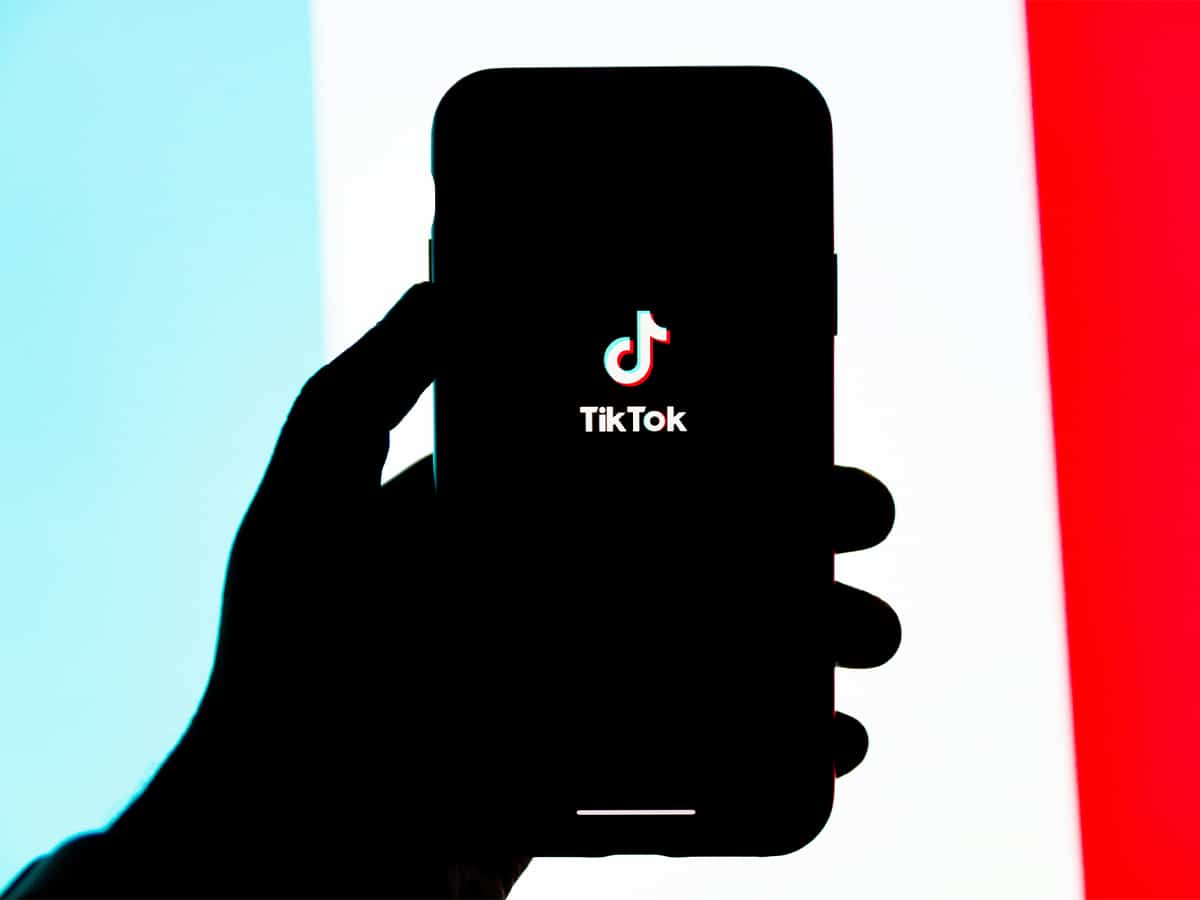
The Case Against Content
The frequency illusion, also known as the Baader-Meinhof phenomenon, is when we notice a specific concept more frequently after becoming aware of it. It’s when you see more blue Hondas on the road after buying your own blue Honda, and it’s also how the algorithms fuel our obsessions with certain topics. By interacting with one concept via a post on social media, we are served more of them and thus start to recognise the concept both in our feed and IRL. When it comes to mental health conditions, this can be dangerous.
Prolonged social media use has been shown to expose users to mental health symptoms, with the increase in self-diagnosis being studied across the globe. For instance, a study in the journal Comprehensive Psychiatry looked at how people using TikTok were self-diagnosing their ‘tics’ as Tourette syndrome because the algorithm produced user-generated content that emotionally reinforced their beliefs. In essence, when we seek out certain meanings through social media, the echo chamber of mental health content reflected back to us can actually exacerbate symptoms of mental disorders.
Mental health disorders often share comorbidities, meaning those of us who experience one disorder are likely to also share symptoms of another. We may correctly self-diagnose ourselves with a first disorder (e.g. attention-deficit/hyperactivity disorder, or ADHD) but then fail to diagnose another disorder we are also experiencing (e.g. anxiety). This is why it’s important to see a mental health practitioner to confirm any diagnosis, sharing all symptoms we might be struggling with instead of only those we see reflected back to us through our feeds. Incorrect diagnoses can lead to ineffective treatment and can ignore the real root cause of our negative feelings.
It can be dangerous to blindly follow advice seen on TikTok without the higher-level understanding that everything we see online is curated, put there with an objective in mind by the person who posts it. One of the most significant risks of seeking mental health advice online is that it may not be true, or it may be shared with a hidden agenda, such as by an influencer seeking followers or a brand looking to sell products. Questioning why something has been posted online while we scroll can help us maintain critical thinking.
The problem with digital diagnoses is also that the top search results are not always likely to reflect our whole identity, and this can later impact how – and if – we seek support. Mental health cannot be understood in isolation from culture and identity. Advice that may work for those within one cultural, class, gender or sexual identity group may not be as well suited to those who fall outside that group.
How to Curate Your Content (and Protect Your Mind)
Managing our social media algorithm is as much an act of self-care as any other we take towards mental well-being. Question everything you see in your feed, and you’ll also be able to question whether your response to seeing content online is valid.
Engaging in content that educates and informs is beneficial to our mental health, but content that makes us feel worse – even if we see ourselves reflected in that content – is not helpful. Unfollow any accounts that make you feel worse when you see them in your feed and seek out content that improves your mood.
Separate influencers from professionals and put energy into listening to the latter. Follow your own therapist on social media, or click to get notifications from those who share their accreditations publicly, such as by listing any professional bodies they are members of. That way, you can be confident that the information you receive about mental health is informed and focused on making you better.
And remember, it’s possible to misdiagnose a mental health disorder when we’re trying to do it ourselves instead of seeking confirmation from a professional. Diagnosing the wrong disorder can lead to a delay in treatment, which in turn could lead to a worsening state of mind. Seek support from a mental health professional who can diagnose using the specific diagnostic criteria developed through years and years of research, such as the Kessler Psychological Distress Scale (K10) or the Diagnostic and Statistical Manual of Mental Disorders (DSM).
And remember, even if you don’t have a diagnosis (self-diagnosed or otherwise), your feelings are still real. If you’re nervous, then you’re nervous. You don’t need to be diagnosed with anxiety for your worries to be valid.
About the author: Tammi Miller, therapist and founder of BARE Therapy, and author of Paperback Therapy: Therapist-approved tools and advice for mastering your mental health.
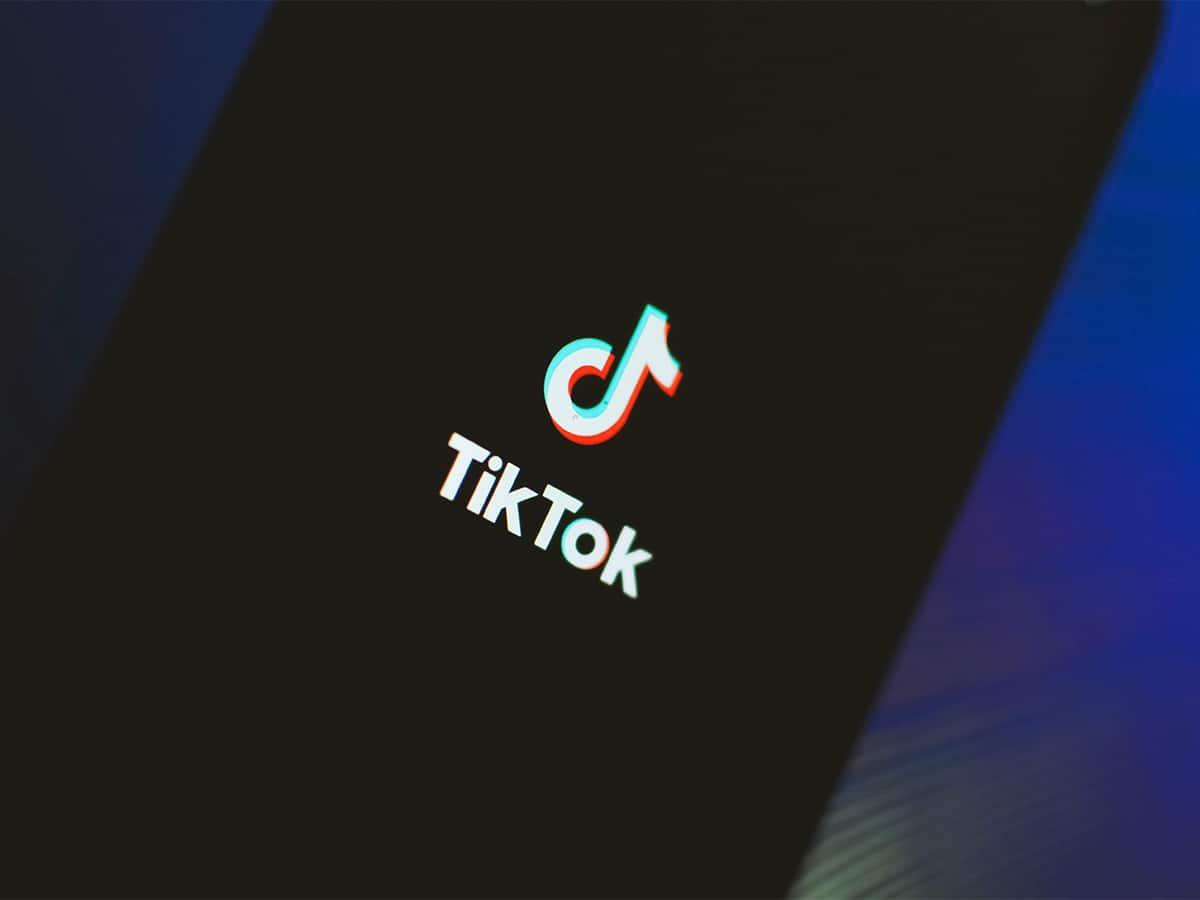







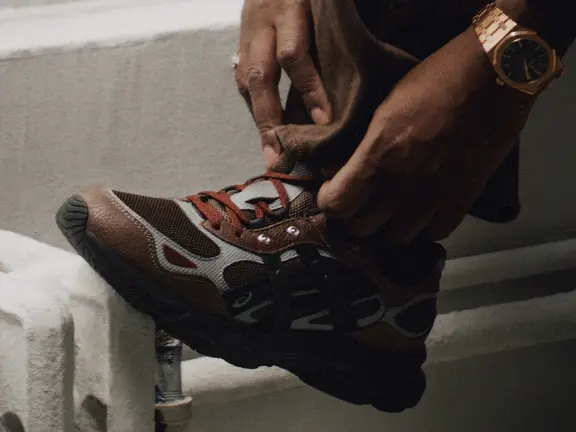


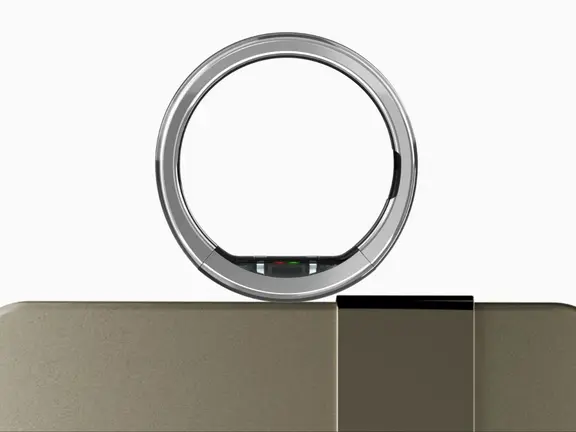
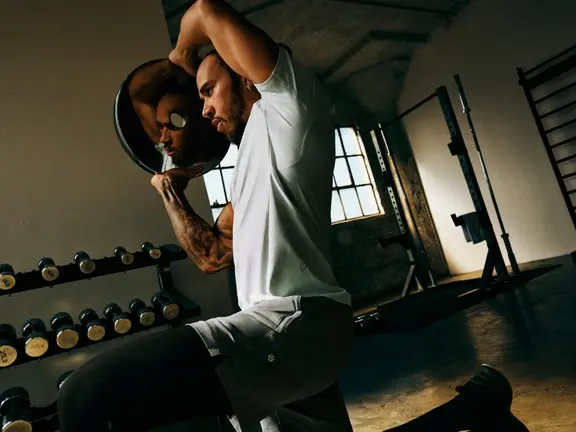

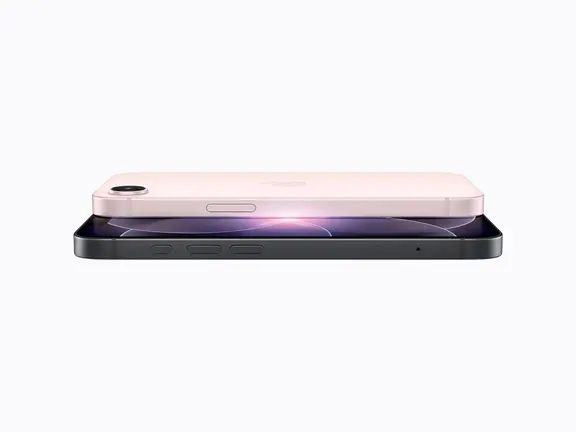





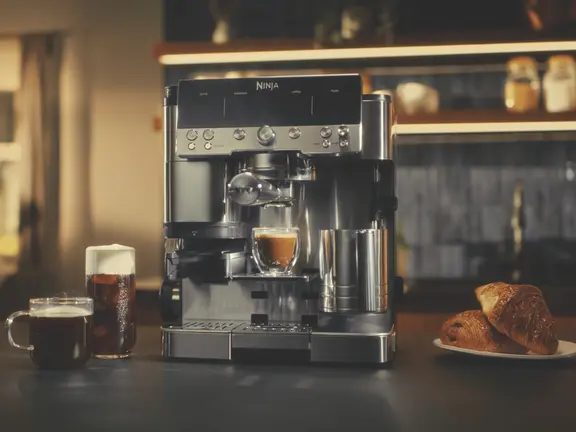
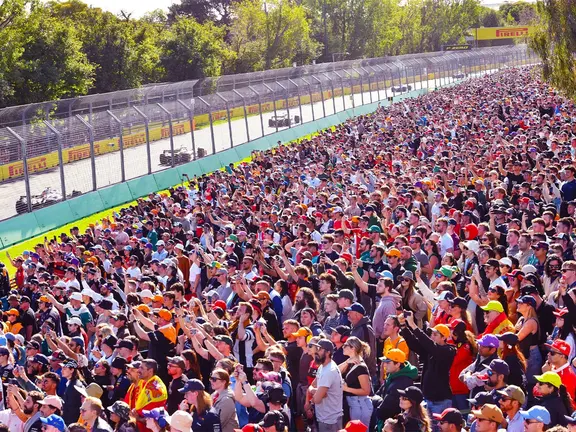


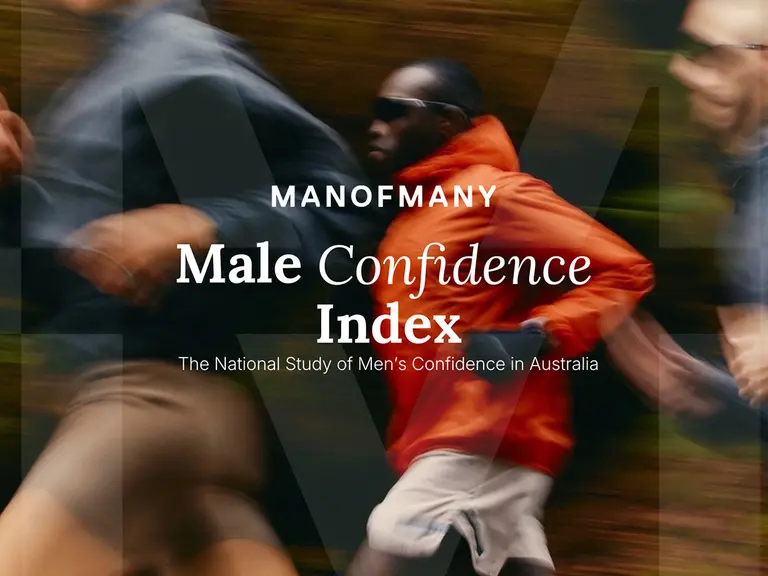




Comments
We love hearing from you. or to leave a comment.